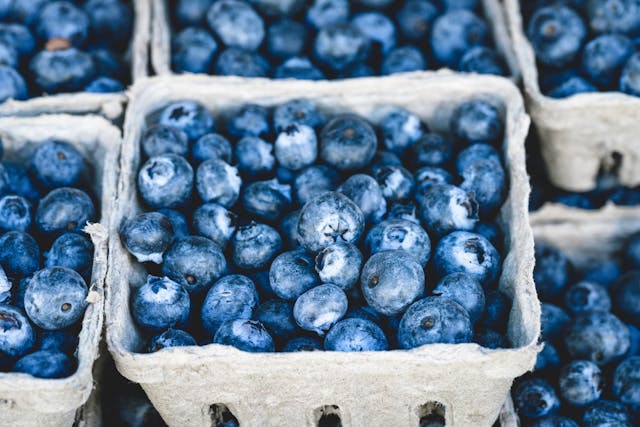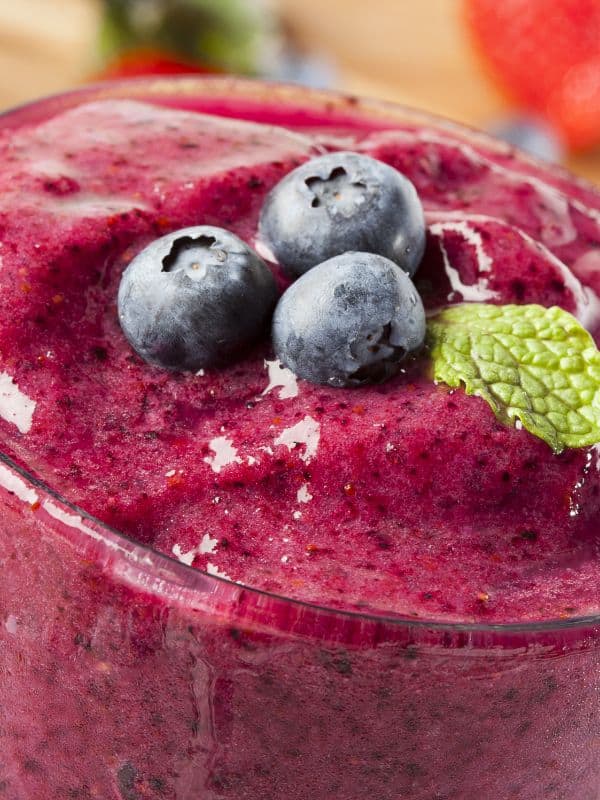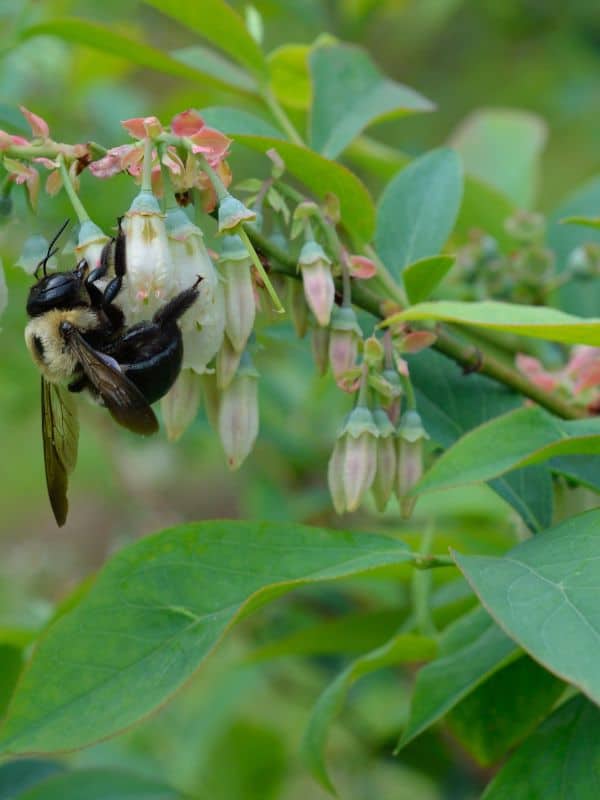The Many Benefits of Blueberries: Health, Culinary, Environmental, and Beyond

Blueberries (Vaccinium spp.), with their striking blue hue and delightful sweet-tart flavor, are celebrated as much for their versatility in the kitchen as for their impressive health and environmental benefits.
Whether fresh, frozen, or dried, these nutrient-packed berries are a small but mighty addition to your daily routine.
Health Benefits of Blueberries
1. Boosts Brain Health and Cognitive Function
Blueberries are rich in anthocyanins, powerful antioxidants that fight oxidative stress and inflammation—two factors linked to cognitive decline.
- Memory Support: Studies, such as one published in The Journal of Nutritional Biochemistry, show that regular blueberry consumption improves memory and cognitive function.
- Protects Aging Brains: Adding blueberries to your diet may help shield your brain from age-related issues, promoting long-term mental clarity.

2. Supports Heart Health
The flavonoids and anthocyanins in blueberries contribute to heart health by improving blood vessel function and reducing inflammation.
- Cholesterol and Blood Pressure: These compounds have been shown to lower bad cholesterol (LDL) and regulate blood pressure.
- Reduced Risk: Research from The American Journal of Clinical Nutrition found that a daily serving of blueberries significantly lowers the risk of cardiovascular disease.

3. Provides Essential Vitamins and Minerals
Blueberries are a nutrient powerhouse.
- Vitamin C: One cup provides 24% of your daily Vitamin C needs, promoting immune health, skin vitality, and collagen production.
- Vitamin K and Manganese: These nutrients support bone strength, proper blood clotting, and metabolic health.
4. Improves Digestion
With 4 grams of fiber per cup, blueberries are a natural aid for digestive health.
- Gut Support: Fiber regulates bowel movements and nourishes beneficial gut bacteria, promoting a balanced digestive system.
- Prevention of Constipation: Regular consumption helps maintain smooth digestion and better nutrient absorption.

Culinary Benefits of Blueberries
1. Smoothies for Weight Management
Blueberries are an excellent addition to weight-loss-friendly smoothies.
- Natural Sweetener: Their sweetness enhances flavor without added sugar.
- Fiber-Rich: High fiber content keeps you full, curbing unnecessary snacking.
Try blending blueberries with spinach, a banana, and almond milk for a satisfying, nutrient-packed drink.
2. Baking for Better Health
Incorporating blueberries into baked goods offers delicious and nutritious results.
- Healthier Alternatives: Add them to whole-grain muffins or oatmeal bars for a boost of fiber and antioxidants.
- Tips: Use minimal added sugar and swap refined flour for healthier whole-grain options.
3. Frozen Snacks on the Go
Frozen blueberries make for an easy, refreshing snack.
- Quick Treat: Freeze fresh berries on a tray, then store them in a resealable bag for convenient snacking or as a topping for yogurt.

Environmental Benefits of Blueberries
1. Low Water Footprint
Compared to other crops, blueberries are water-efficient, requiring around 560 liters of water per kilogram of fruit—far less than almonds or avocados.
- Eco-Friendly Choice: Choosing blueberries supports sustainable farming practices with a lower environmental impact.
2. Pollinator-Friendly Plants
Blueberry plants benefit ecosystems by attracting pollinators like bees and butterflies.
- Biodiversity Boost: These pollinators are essential not only for blueberry crops but for many other plants in agricultural systems.
3. Carbon Sequestration
Blueberry bushes can help combat climate change by acting as carbon sinks.
- Sustainable Growth: As perennial plants, they grow year after year, storing carbon in the soil and reducing greenhouse gas levels.

Additional Uses: Natural Dyes
Blueberries can serve as a sustainable source of natural dye.
- Eco-Friendly Colors: Their anthocyanins create rich blue and purple pigments suitable for fabrics, cosmetics, and food.
This makes them a practical alternative to synthetic dyes, reducing environmental harm.

Cautions and Precautions
- Vitamin K Considerations: If you’re taking blood-thinning medications like warfarin, monitor your blueberry intake, as Vitamin K can affect blood clotting.
- Digestive Discomfort: Overeating blueberries, particularly for those new to a high-fiber diet, may cause bloating or gas.
Consult your healthcare provider for personalized advice, especially if you have specific health concerns or are on medication.
Disclaimer
This article is for informational purposes only and should not replace professional medical advice. Always seek guidance from a healthcare provider before making significant dietary changes.